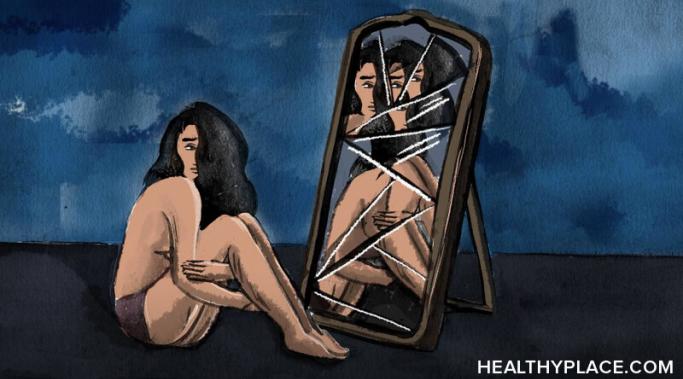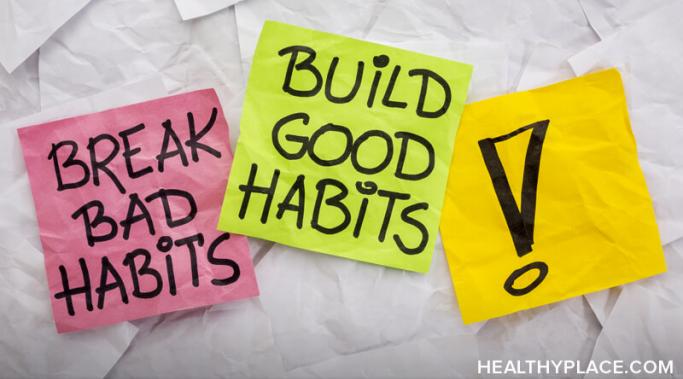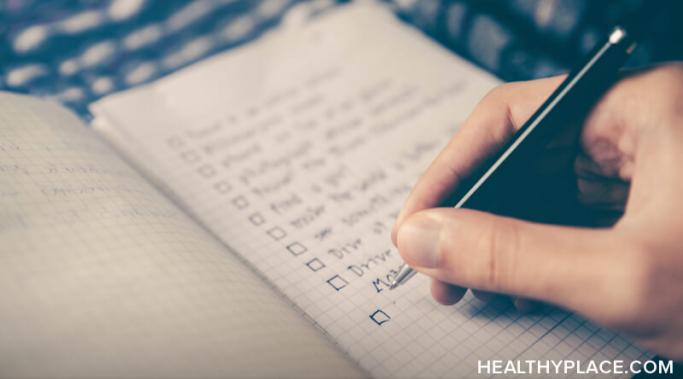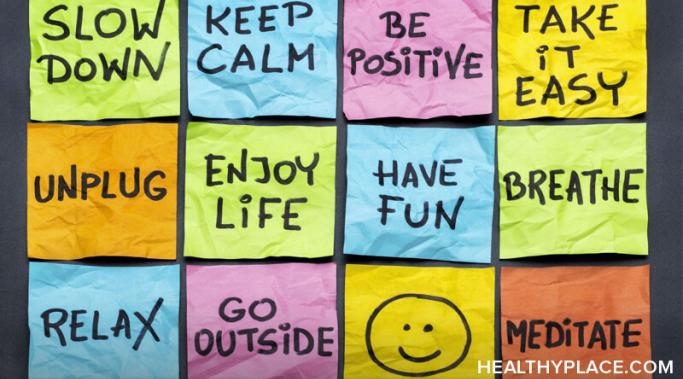Getting good sleep in binge eating disorder (BED) recovery is important to me. However, I've been visiting my family the last few nights, and I haven't been able to sleep well. I've been staying up way later than normal, watching movies with my cousins, and sipping whiskey or snacking on sweet treats before bed. After weekends like these, I am so ready to get back to my regular sleep routines. When I can't get good quality sleep, I tend to overeat all day. Eventually, a lack of good sleep can trigger my binge eating disorder.
Binge Eating Recovery
Maybe you've known for a while that your binge eating disorder (BED) is out of control. Starting BED recovery can be confusing, and the steps you need to take are difficult to navigate on your own. When you're struggling to make it through each day without bingeing, it's difficult to create a fresh perspective. So how do you begin to recover from binge eating?
Binge eating disorder makes it hard to stay present. For example, have you ever noticed yourself feeling distracted or disconnected throughout the day? I experience this often, especially when I'm trying to check off my to-do list. It sometimes feels like having tunnel vision. My hands move while I'm thinking about what I have to do next. The time I spend in this zone-out space feels like a blur.
The mornings I've woken up after a binge have been the lowest points of my self-esteem. No matter how many times you've recovered from a binge, it's always an awful feeling to wake up and remember what happened the day before. How do you recover after a binge? How do you help yourself so you don't continue the cycle of binge eating and restriction?
Is there a difference between overeating and binge eating? During my eating disorder recovery, I didn't know anyone else who was openly struggling with binge eating or overeating, so I didn't know which category I fit under. Now I know I've experienced both overeating (as most people have) and binge eating. The labels might seem arbitrary, but there are distinctions between overeating and binge eating.
I recently had a conversation with someone about strategies to break bad habits, and I was reminded of my binge eating disorder (BED) recovery. By nature, whenever I set a new goal to break or create a habit, I want change to happen immediately. I try to go cold turkey and quit the bad habit overnight. Or, I change many habits all at once instead of making small changes over time. Those of us who have experience with binge eating disorders know that using willpower alone doesn't work when we are trying to stop binge eating. Most of the time, trying to restrain yourself and not binge eat makes the urge to binge more powerful. If using the cold turkey method doesn't work to recover from binge eating disorders, then what will help?
A recent conversation with a friend made me consider what I wish I'd known about eating disorder (ED) recovery. The other day, I asked my friend, "What do you think your younger self would have thought of older you?" We retraced our steps down the hill through the snow on our way back to the trailhead. She said, "I think she would have been so surprised. I don't think I ever expected I would move away from my hometown."
The new year is a new beginning, which brings a special clarity as you reflect on what you want to change. It's often recommended to set concrete resolutions so you can measure how well you're doing throughout the year. This advice can be helpful, but for binge eating disorder recovery, changes are subtle and difficult to measure. In my experience, setting New Year's resolutions for my recovery and eating habits has consistently caused stress and unnecessary pressure. Of course, you can set milestone goals for going a certain number of days without binge eating. But if you are trying to start or strengthen your recovery from an eating disorder, you can't expect your recovery to be as neat as a checklist.
My name is Emma Parten, and I’m excited to be the new author for the "Binge Eating Recovery" blog. I intend to focus on the common experiences of those who struggle with binge eating disorder (BED). Binge eating disorder can be isolating and difficult to talk about. It’s essential to know you aren’t the only one struggling. I also want to focus on ways you can take action to move forward in your healing process. Recovery doesn’t have to mean your relationship with food is completely healed. Binge eating recovery is wherever you are right now.
The time has come for me to move on from the "Binge Eating Recovery" blog here at HealthyPlace. Sharing my recovery process here has been an interesting experience, and I hope you gained insights and tools that help you on your binge eating recovery journey. Here are some parting thoughts I wanted to share with you.









